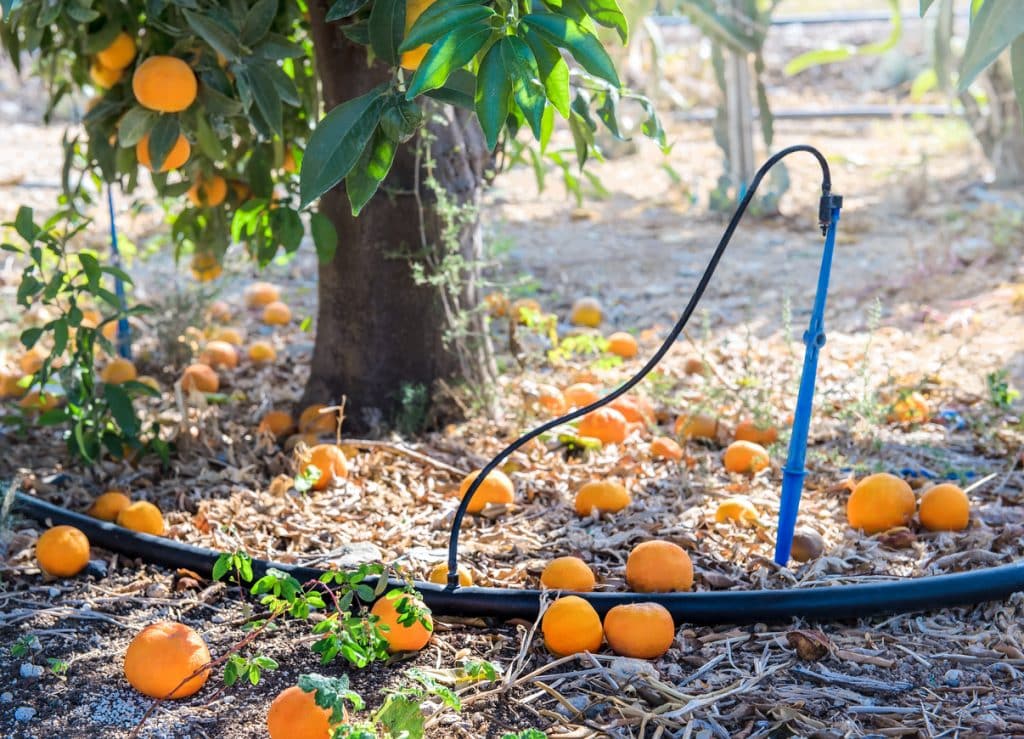Life would be just a bit sadder if you couldn’t look forward to the taste of a crisp apple, a juicy peach, a sweet cherry, or any of the other hundreds of types of fruit that grow on trees. Even the olive and the avocado are fruits, and olives have been cultivated for roughly 7,000 years. Still, the olive doesn’t have a patch on the fig, which people have been deliberately growing and eating for about 11,400 years. Here are more fun facts about fruit trees:
Avocados Are Unique
The fruit of the avocado tree is often treated like a vegetable, but that’s not all that’s strange about it. First, some botanists don’t really consider the avocado a tree but rather an herb because of its bark. If you grow one indoors, you’ll notice that its trunk never gets very woody. But if it’s grown outdoors to produce fruit, it’s still treated like a tree. In Charleston’s warm climate, you just might be able to grow one outdoors.
The avocado is partially self-pollinating because the male and female flowers open at different times of the day. Indeed, they’re the same flowers, but they’re female in the morning of one day and male in the afternoon of the next day. In some varietals, this schedule is reversed. It can take an avocado tree as long as 10 years to start bearing fruit.
Some Fruit Trees Enjoy the Cold
Some fruit trees need a period of cold in order to bear fruit. Among them are:
- Apples
- Apricots
- Cherries
- Peaches
- Pears
Most apple cultivars need 900 to 1,000 hours, or 37.5 to 42 days, of temperatures below 45 degrees Fahrenheit to produce fruit. Apricots need between 350 and 900 hours, while cherries, both sweet and sour, need between 800 and 1,200 hours. Peaches need between 600 and 900 hours of cold temperatures, as do pears.
Most Figs Are Pollinated By Wasps
Figs are pollinated by tiny fig wasps. Male wasps have no wings, and their only purpose is to mate with a female. A female enters a part of the plant called the syconium. There, she lays her eggs and deposits some pollen she picked up when she hatched inside another fig. She dies after she lays her eggs, and the male mates with her daughters before they even hatch. Though he can’t fly himself, he digs a tunnel through the fruit that allows the gravid females to escape. As they do, they pick up pollen, then fly off to pollinate other figs.
Call Stump Stomper for More Information
Healthy trees that bear abundant fruit are a blessing in a Charleston garden or an orchard. If your fruit trees are in need of care or if you want more information about them, don’t hesitate to contact our arborists at Stump Stomper today.

